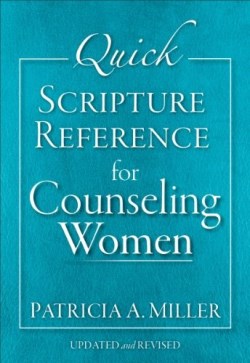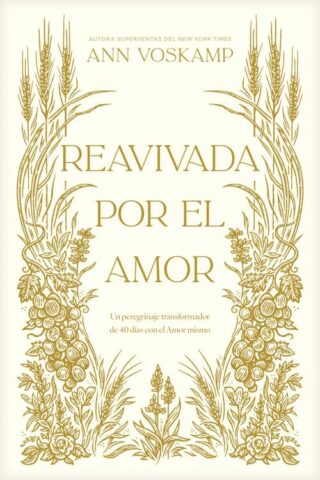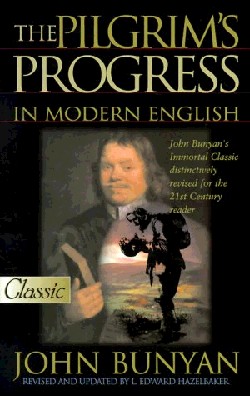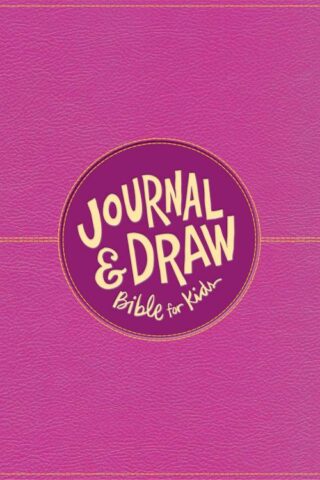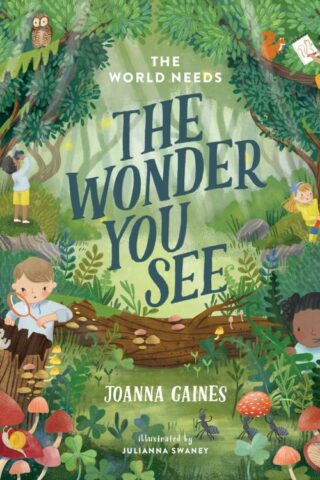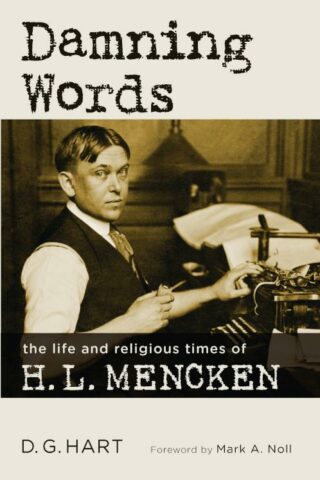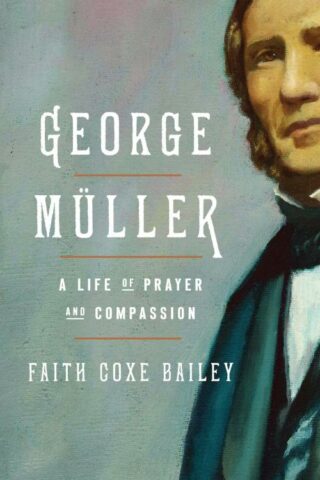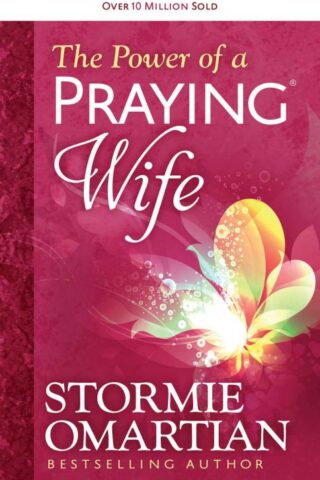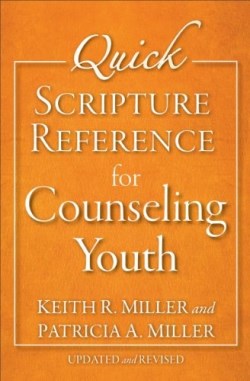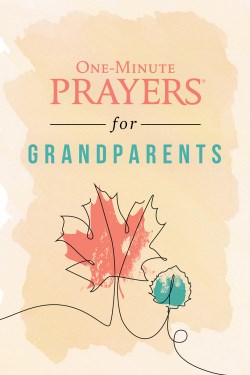D. G. Hart
Showing all 2 resultsSorted by latest
-
Damning Words : The Life And Religious Times Of H. L. Mencken
$28.99Recounts a famously outspoken agnostic’s surprising relationship with Christianity
H. L. Mencken (1880-1956) was a reporter, literary critic, editor, author-and a famous American agnostic. From his role in the Scopes Trial to his advocacy of science and reason in public life, Mencken is generally regarded as one of the fiercest critics of Christianity in his day.
In this biography D. G. Hart presents a provocative, iconoclastic perspective on Mencken’s life. Even as Mencken vividly debunked American religious ideals, says Hart, it was Christianity that largely framed his ideas, career, and fame. Mencken’s relationship to the Christian faith was at once antagonistic and symbiotic.
Using plenty of Mencken’s own words, Damning Words superbly portrays an influential figure in twentieth-century America and, at the same time, casts telling new light on his era.
Add to cartin stock within 3-5 days of online purchase
-
From Billy Graham To Sarah Palin
$29.99From Billy Graham to Sarah Palin provides an iconoclastic new history of the entrance of evangelical Christians into national American politics. Examining the key players of the “Religious Right” – Billy Graham, Jerry Falwell, Chuck Colson, James Dobson, Pat Robertson, and many others – D. G. Hart argues that evangelicalism is (and always has been) a bad fit with classic political conservatism. Hart shows how the uneasy alliance of these unlikely political bedfellows has contributed directly to the fragmentation of today’s conservative movement. He contends that the ongoing burden of reconciling the progressive moral idealism of religious conservatives with the sober realism of political conservatives increasingly threatens this precarious partnership. Moreover, Hart suggests that evangelicals are unlikely to remain politically conservative in the long term unless they stop looking to big government to solve societal woes at home and abroad and at last embrace classic small-government conservatism for its own sake.
Add to cartin stock within 3-5 days of online purchase

